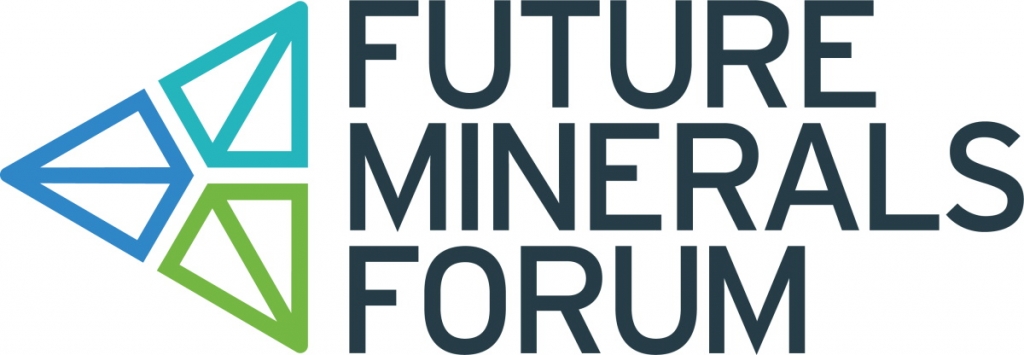
Think tanks call for innovation in responsible sourcing of minerals and metals across Africa, Western and Central Asia
Think tanks call for innovation in responsible sourcing of minerals and metals across Africa, Western and Central Asia
Future Minerals Forum (FMF) partners, the Development Partner Institute (DPI) and Clareo, are jointly issuing a cogent new paper focused on the importance of responsibly sourcing minerals. They call for a multi-stakeholder, multi-sector approach, and stress the role Saudi Arabia and the wider region covering Africa and Western and Central Asia could – and must – play in spearheading innovation.
Ahead of the 2023 and second edition of the Future Minerals Forum (FMF), scheduled to take place between January 10th and the 12th, in Riyadh, the Development Partner Institute and Clareo are calling on the industry to maximise and fully develop close collaboration with stakeholders. The joint paper emphasises the need for standardized environmental, social and governance (ESG) principles to address critical concerns, not least the reduction of greenhouse gas emissions, and the drive towards creating a fossil-fuel-free economy.
With more than 600 ESG reporting provisions instituted globally, DPI and Clareo stress the importance of work performed at bodies such as the International Sustainability Standards Board (ISSB), announced at COP26 last year.
The organizations urge the mining industry to embrace a universal but flexible approach, adopting international standards while still taking local factors into account. Its model brings greater clarity to what it calls the “current ESG reporting difficulties”.
DPI and Clareo point to the role that Saudi Arabia can now play in supporting the creation of a universally adopted set of principles that support the adequate, affordable, secure and responsible sourcing of minerals.
They argue that with considerable support and engagement in these issues, the Kingdom is in prime position to foster a triangle of trust between government, communities and mining companies. They identified three specific areas in which Saudi Arabia is poised to make the biggest impact.
Firstly, the country is to be praised for encouraging open dialogue at events such as FMF’s high-level Round Table opening event and ensuing conference.
.jpg)
Secondly, its ambitious hydrogen and solar energy projects are already providing the clean energy backbone for energy-intensive processes across the value chain, such as copper smelting and battery recycling.
Thirdly, the Kingdom could streamline further access to venture and project capital, providing necessary infrastructure, creating hubs and catalyzing ecosystems to support mining.
Peter Bryant, Chair of both the Development Partner Institute, and of Clareo (specialising in ESG innovation) concludes in the paper:
"Tackling this challenge requires a mindset shift, an investment in innovation and most importantly, a multi-stakeholder approach that takes into account the goals and incentives of each player in the value chain.
Saudi Arabia now has an exciting opportunity to champion this new level of innovation and collaboration, built on trust and shared purpose, to deliver a mineral supply that can better meet the demands of all companies navigating the energy transition to a green revolution.”
In the run up to his own keynote speech at FMF, Bryant adds: “KSA can become the supplier of choice for a system where mining plays a massively positive role for whole communities in terms of economic prosperity."
DPI and Clareo call for Saudi Arabia to promote powerful dialogue to help the industry deepen understanding of issues and help shape the future.
They say that FMF will play an unprecedently critical role in dialogue as it brings together hundreds of Government officials, industry leaders and stakeholders from over 100 countries to discuss the most pressing issues facing the sector and to develop a road map for the future.
Among the key topics on the agenda for FMF 2023 are the global outlook and future of mining, the sector's critical role in energy transition and the contribution of minerals to the development of societies.



























